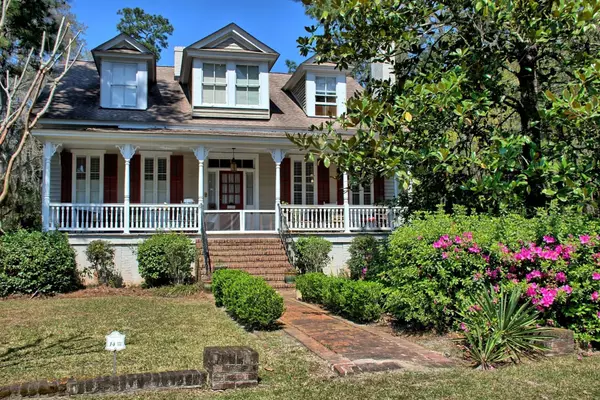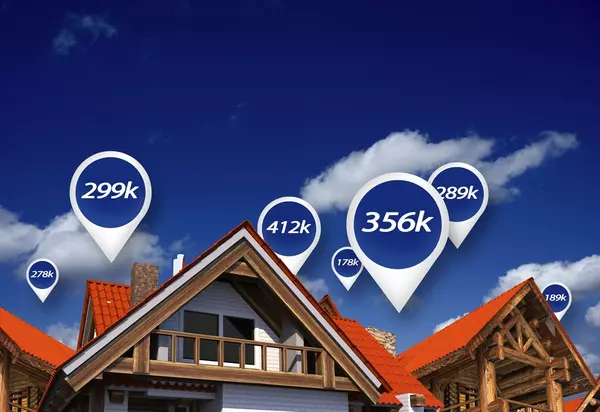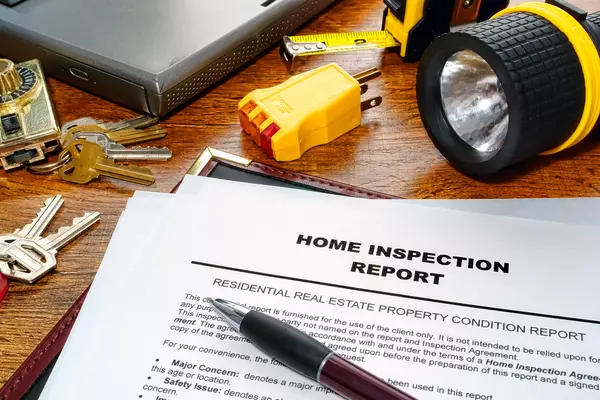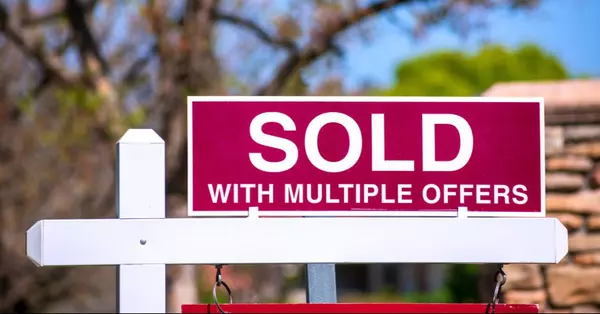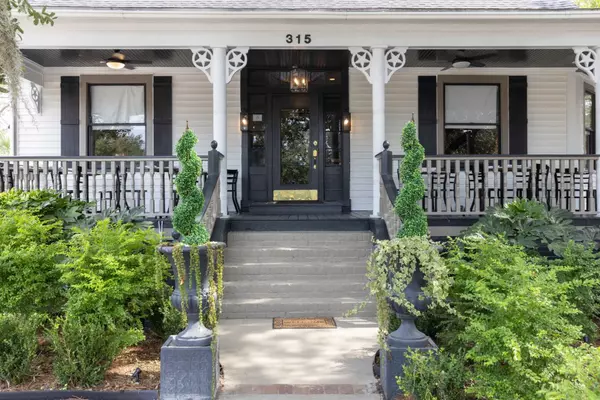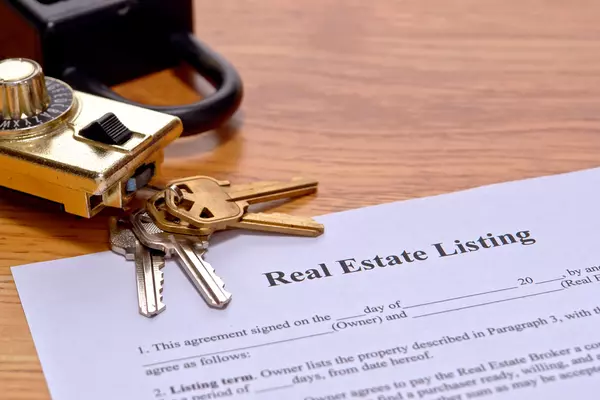August Monthly Market Update
Your August Monthly Market Update will give you a snapshot of what's going on in the real estate market as well as what the experts expect in the coming months. First, we'll review home pricing. Then we'll address the talk about a coming recession. Lastly, we'll discuss the housing affordability.
How are Home Prices doing?
Let's take a look at the FHFA Quarterly Report. Looking at the year-over-year change in prices, every single region is seeing appreciation. The South Atlantic region has shown a 5.48% increase in the last year. Our local market, Summerville, has seen a 7.2% appreciation. One year ago the median price in Summerville was $232,000. Last month it was $250,000. These are great numbers but the appreciation is starting to slow down some. The historical norm is about 3.5 to 3.6 percent so this was to be expected. Another indicator of the market is home sales. This too shows good news as we'll continue to see an uptick in sales due to the lowering mortgage rates.

Is there a Recession Coming?
There is a very good possibility we’re going to have a recession in the next 18 months. I say this to address the fears that come with the word recession. It's been over 10 years since the last recession but it's still pretty fresh in a lot of peoples minds. The definition of a recession is "a period of temporary economic decline during which trade and industrial activity are reduced, generally identified by a fall in GDP in two successive quarters."
The main reason that there will be a lot of talk about a recession is there have been four major surveys so far this year. One by the Wall Street Journal, one by Duke University, one by the National Association of Business Economists, and one by the Pulsenomics, who surveys a little over 100 market analysts. They each asked a question in their survey: “When will the next U.S. recession begin?” Here is a graph of the results of all four surveys.
When Will the Next US Recession Begin?

So, 19.3 percent believe that we’re going to have a recession sometimes before this year is over. Another 40.3 percent believe that we’re going to have a recession sometime next year. And then, it goes on to 2021 and after 2021.
Now, why are so many experts predicting that we’ll have a recession in the next 18 months? Well, we’re now in the longest recovery in American history. So, of course, there’s going to be a slowdown coming. We’re not going to be able to keep on going with this recovery forever. All that means is that the GDP will slow down. The one thing to remember, a recession does NOT mean a housing crisis. It will not be a repeat of the 2008 housing crash.
Here's a quote from Zillow's Jeff Tucker, that simplifies the difference between the 2008 recession and the one we'll see in the next couple of years.

In the last recession, home prices dropped 19.7 percent. But, if we look at the four previous recessions, three of the four times, home prices went up, two of those three times, they went up almost double the normal historical average, and the other time that it dropped, priced dropped, they dropped by less than two percent.

What is going to Trigger the Next Recession?
Here are the top three answers. The top three triggers, according to that same exact survey that projected a recession was coming, are:

The number one trigger is probably going to be trade policy. Number two, there could be a stock market correction. And number three, geopolitical crisis. When they looked for a housing slowdown, that was all the way down at number nine. So, there were eight things that were going to happen that were going to trigger the recession before they even got to a housing slowdown. So, again, in 2008, the housing slowdown and the situation in the mortgage industry, caused that recession. This year, we’re not even in the top eight reasons that a recession might take place. Again, those same people, that same day, on that same survey also projected where prices are going to be over the next five years.
Appreciation is going to decelerate, but prices are still going to go up. Morgan Housel, a well-renowned financial analyst - I like what he said: “An interesting thing is the widespread assumption that the next recession will be as bad as 2008. Natural to think that way, but, statistically, highly unlikely. Could be over before you realized it began.”
Why Housing is More Affordable Today
A recent survey done by CoreLogic showed that affordability, in people’s minds, was the leading obstacle to homeownership.
People believe “affordability is not where it was ten years ago.” But we have to remember ten years ago, interest rates, right after the housing bust, dropped to all-time lows and prices dropped dramatically. So, very obviously affordability then was better than it is now. But if you look at the trend back to the 1990's when NAR started tracking it, you'll see today is more affordable than the normal markets that preceded the boom and the crash.
Affordability is measured by the typical mortgage payment as a percentage of income. And we can see that, since June of last year, for the last 12 months, it has been falling. Now, it’s jumping somewhere between 16 and 16 3/4 percent. Before the last recession, the historic norm was 21.2 percent.

Housing Affordability Misconceptions
One common belief, “Well, if prices are going up, then it’s got to be less affordable.” Well, not exactly. Mark Fleming, First American’s Chief Economist explained, “When demand increases for a scarce (limited or low supply) good, prices will rise faster. The difference between houses and other goods is that we buy them with a mortgage.
So, it’s not the actual price that matters, but the price relative to the purchasing power.” Meaning, when we put in wages, when we put in the mortgage rate and we put in the price, what percentage of the amount of money you make goes to your mortgage payment? And, as we have just shown you, that number has dropped dramatically and is much lower than the historic norm, and the reason for that is that 30-year fixed-rate mortgage rate has dropped almost a full point in the last eight months from 4.75 percent to 3.75 percent.
Conclusion
The market is stable. If you have any questions about how the market affects your particular situation, please do not hesitate to call.
Categories
Recent Posts


